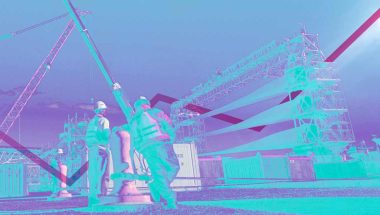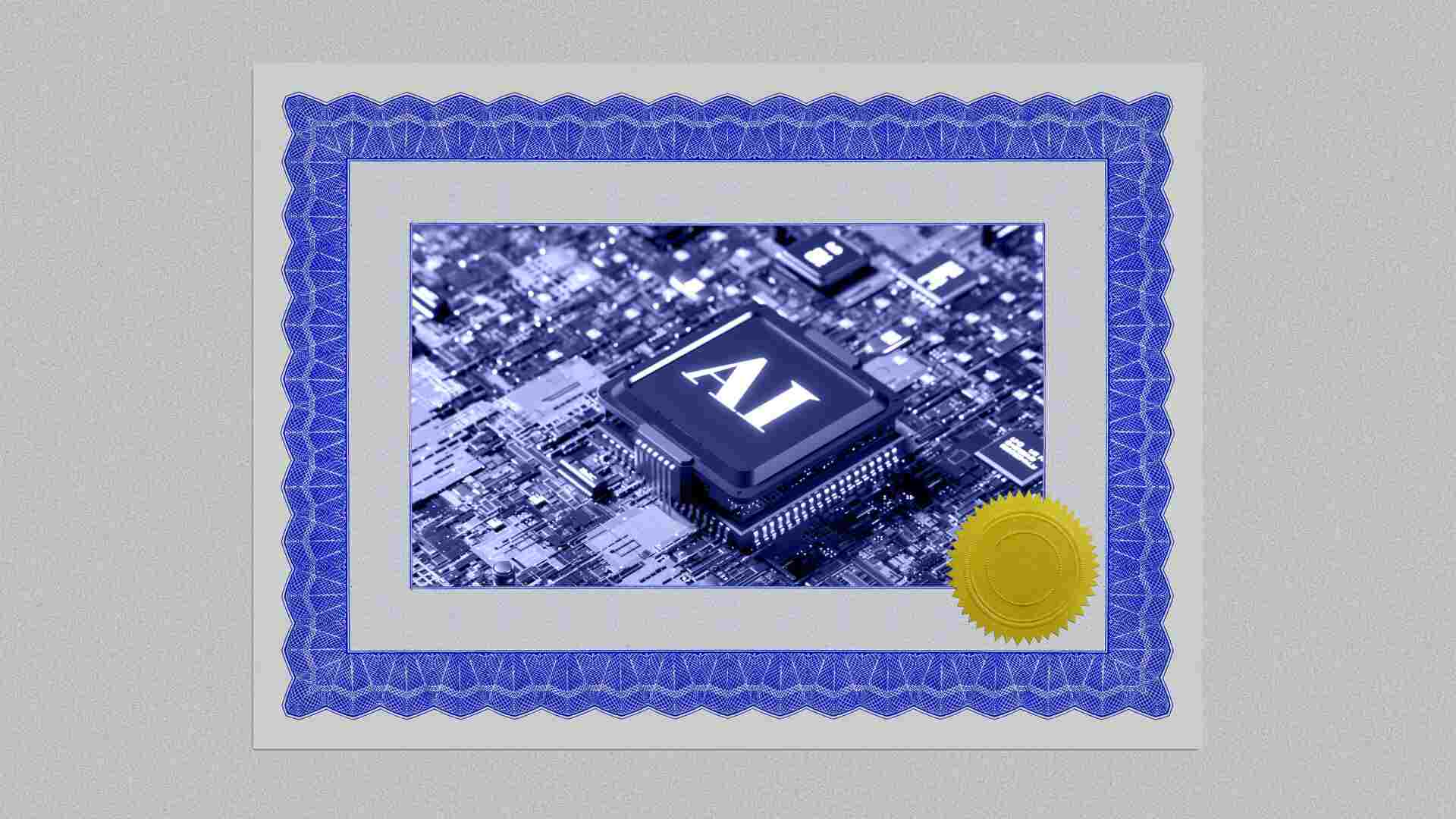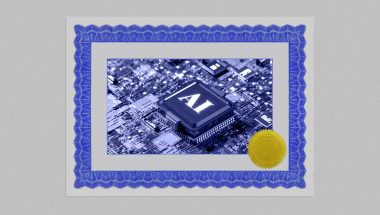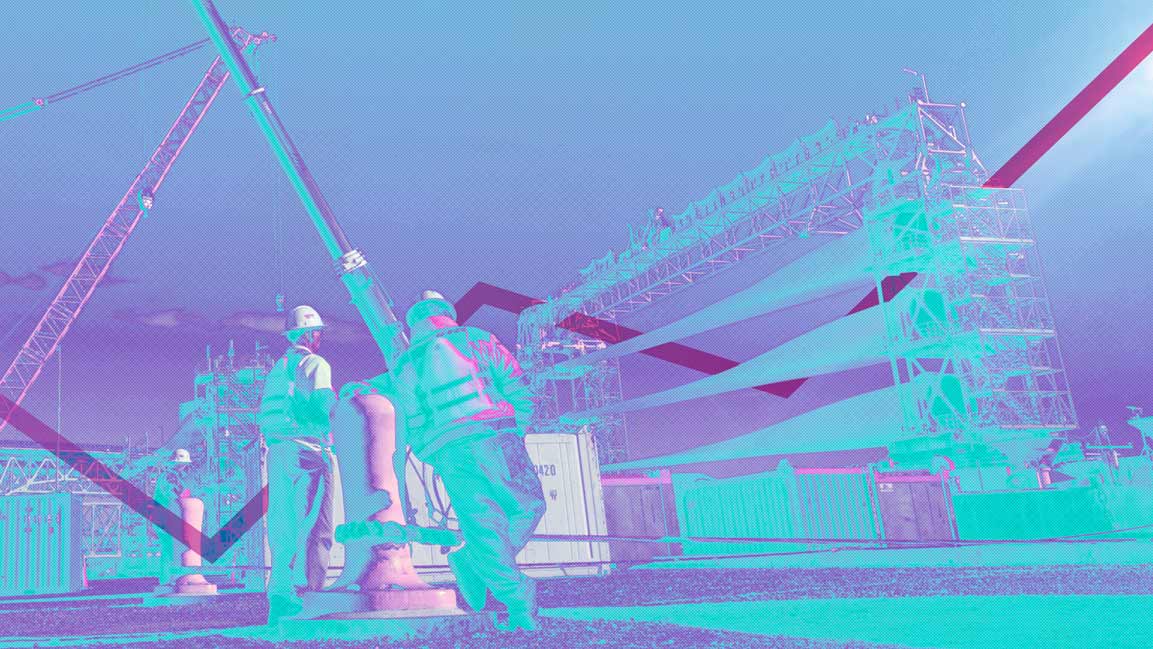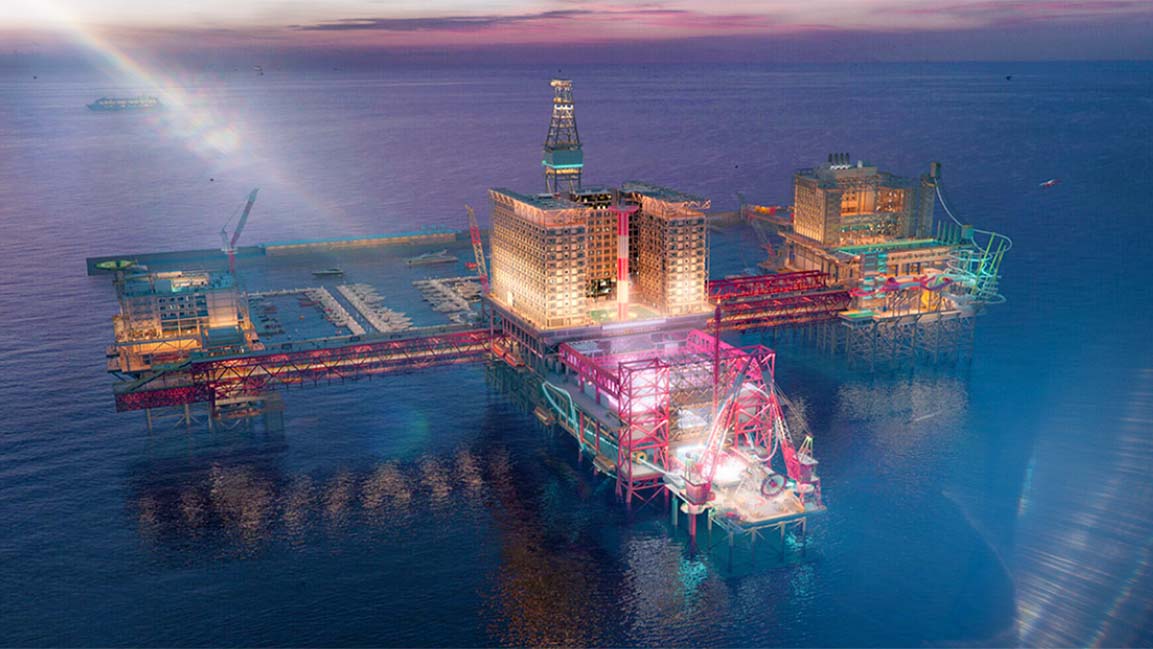- | 9:00 am
‘We want to see more Anghamis in the Middle East,’ says MEVP
How can other businesses follow the success of Anghami? Hear from the region’s established venture capital fund, MEVP, who give us an insight into the latest trends in venture capital in the MENA region
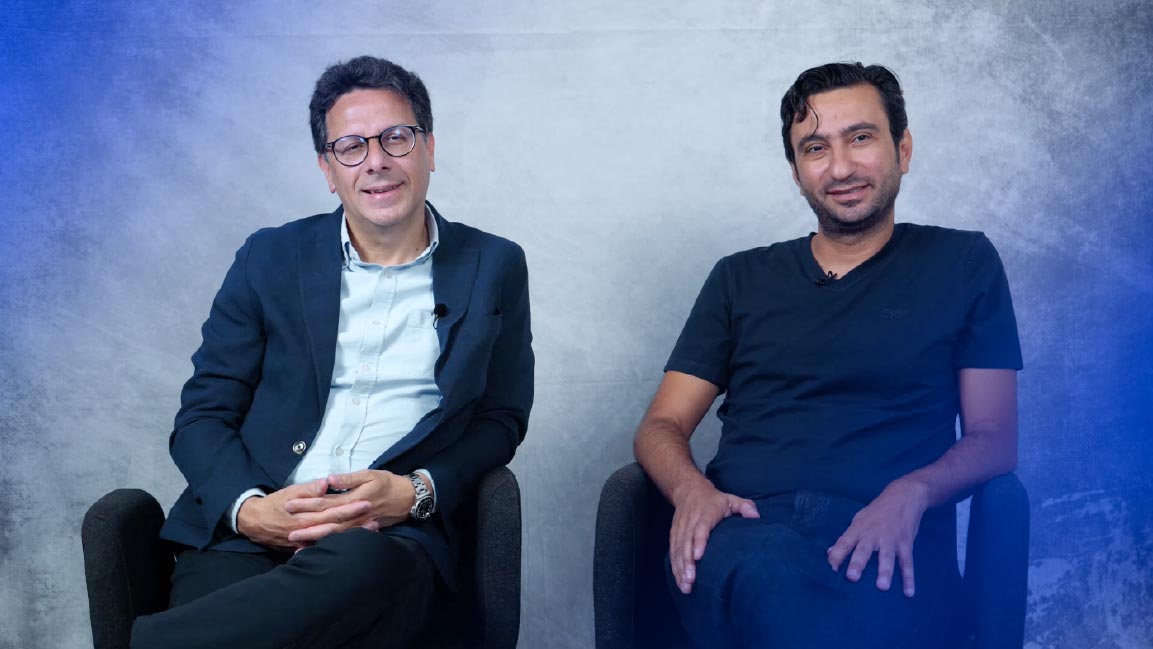
Bell ringing ceremonies and listings are what startup dreams are made of. In February, the Middle East had its moment when the region’s leading music streaming platform Anghami was listed on NASDAQ. It grabbed international headlines, and it was a milestone not just for the UAE but the entire region.
“I hope we’ll see more Anghamis in this part of the world,” says Walid Mansour, Partner, Middle East Venture Partners (MEVP), the Dubai-based VC fund that has been backing Anghami since its inception in 2012.
As we sat down for a chat, he said the aim of a venture capitalist is to create long-term value that goes beyond how a business’ stock performs on a given day. No wonder they are known as “patient capital.”
Breakout successes of Anghami remind us of unspoken elements of business – faith and intuition. These two qualities are considered essential to running a successful venture capital fund – to see the next big thing in business. It’s a high-pressure job to see potential in an aspiring entrepreneur’s business pitch. The landscape has changed dramatically since MEVP launched in 2010 – it was among the first VC firms in the region that aimed to take advantage of the investment opportunities in the technology space. After all, what is an investor’s journey if not taking a risk? In the last 12 years, MEVP has successfully raised funds ranging from $10 million to $100 million, amounting to $260 million, for tech startups in the Middle East.
DISTINCTIVE PORTFOLIO
Since its founding, MEVP has backed some of the most successful businesses, apart from Anghami, including the Luxury Closet, Wego, Sarwa, Bykea, and Lyve. However, a large part of the success lies in portfolio selection. Mansour says portfolio selection involves a variety of criteria which he believes the firm got right. Investment decisions are based on the quality of the team, size of the opportunity and the vision and strategies, he says
“It is very important to go after big opportunities”, Mansour says. “The more complex a company, the bigger the checklist we look at. Conversely, for early stage startups, the checklist is light.”
Behind the vision, numbers matter a lot, he adds. “Numbers matter whether they’re financial or operational.”
“We’ve been investing in many companies over the years. Our latest fund called MEVP III, invested in about 15 companies in logistics, fintech, software services, and many more. It has been a great portfolio and a great performance so far,” he adds.
While the business landscape is rife with inequalities, MEVP has sparked dialogue with young startups in need of support.
The most crucial element for a VC is to be part of a business’ journey, says Mansour. “You have to be there when the strategy is elaborated, adopted and changed. When the talent is joining or reshaping the company.”
To go beyond traditional VCs’ set guidelines is important. “There’s a lot of creativity as a result of the dialogue with the startups,” says Mansour.
LOOKING FOR THE MOST AUDACIOUS PITCH
Like most successful investors, Walid Hanna, founder & CEO, MEVP, has seen a lot of business ideas and had the chance to be a part of several startup stories, but when asked what’s the most audacious pitch he’s heard he says he can’t put a finger on anyone.
“In this part of the world, we’ve been used to investing in startups that want to copy an existing business model from the west or from China and adapt it locally,” Hanna says.
“Regionally, the most audacious startups are the ones who try to disrupt a business model and those who try to build a global company out of the Middle East, North African region.”
Egypt and Saudi Arabia have promising startups and ideas, Hanna says. Sometimes, in countries like Lebanon and Jordan “we’re lucky to find startups looking to address a pain point on a global level.”
Although many aspiring entrepreneurs want to be a part of emerging technologies such as crypto and blockchain, Hanna says, “There’s big chunks of the economy that haven’t been properly digitized”.
He cites the education and healthcare sectors with ample opportunities that haven’t been fully explored yet. “When you look at the size of the opportunities and how, if I may say, offline there still are in our parts of the world very few software, and internet companies have been participating in those economies. You see a big arbitrage,” says Mansour.
“Very few tech startups have brought any meaningful scale in the health and education sectors,” he adds.
BUILDING AN ATTRACTIVE INVESTMENT SCAPE
Talent is the name of the game in the early-stage startup ecosystem. It is also an area where the region needs a clearer focus to ensure an attractive and competitive investment environment.
There is a long way to go, despite efforts by governments in several countries in the region, says Hanna, who has witnessed the evolution of startups since 2010.
In a region devoid of the universities that match up to Stanford and MIT, Hanna says, “We have good engineering schools fostering good talent but I wouldn’t say amazing-level of talent”.
Hanna is appreciative of the efforts by the UAE to attract talent and build environments for entrepreneurs, which is laying the foundation of a more robust system. “Dubai. in particular, has been great in attracting talent, and so has Abu Dhabi. Riyadh and Cairo are catching up.”
“Other than talent, there was very little funding for early-stage innovations and startups. This problem is solved in countries like Saudi Arabia, and it will be in Egypt soon as the startup ecosystem is growing.”
Overall, the region needs more talent and money. The infrastructure and technology is there.
Mansour adds, “One important element is the development of capital markets” which incentivizes businesses to monetize their returns.
For business growth, talent and education is crucial. “Without building up an effective talent pool, it will be difficult to develop successful homegrown startups that can scale,” says Mansour.
“If you want to really transform the economy, you need a generation of entrepreneurs, engineers and marketers. They have to be trained and educated to be able to make a difference. The biggest challenge is the human element, its readiness and knowledge. The other things can be fixed or dealt with. The talent problem is the most difficult to solve.”
When faced with such challenges, there’s an opportunity to digitize, he says. “During the pandemic, many founders saw it as an opportunity to digitize two very traditional sectors such as healthcare and education. And many startups grew tremendously during the past two years. They saw an opportunity, took advantage of it and benefited from it,” adds Hanna.
MORE EQUITABLE INVESTMENT
Recognizing that VC funding to women-led startups is insignificant, Hanna explains, “True innovation comes from those accelerators, incubators, engineering schools, and labs, and the female participation there is low.”
Explaining that when companies come seeking funding, “the funnel is quite limited, unfortunately.”
In MEVP’s portfolio today, there are 15% of women entrepreneurs as part of their over 60 companies, which Hanna explains “is barely 8 of them”.
“So what we’re doing is giving a chance to every woman founder and entrepreneur to meet with us. We advise them, and we’ve been quite proactive in that. We’ve participated in a lot of business plan competitions; we’ve organized some, participated as judges, and favored women’s participation in those sectors.”
The aim is to invest in “the smart money,” which is completely different from “writing a silly check,” says Hanna. “We add a lot of value to these early-stage startups to make sure that they grow in the right way, do not burn their cash and develop in a smarter way, disrupt their local ecosystem, and perform better than their peers locally or globally.”
Read more related tech articles in our tech section here.







